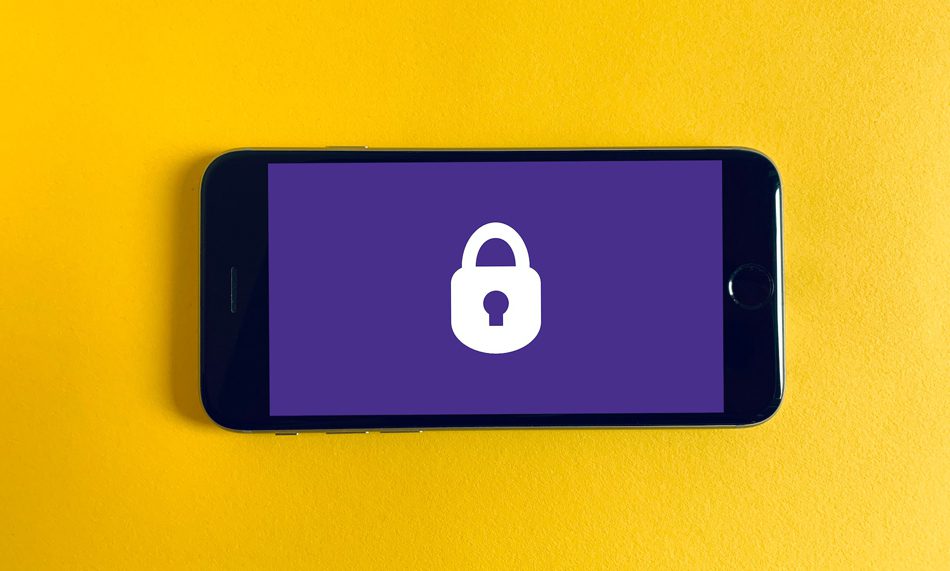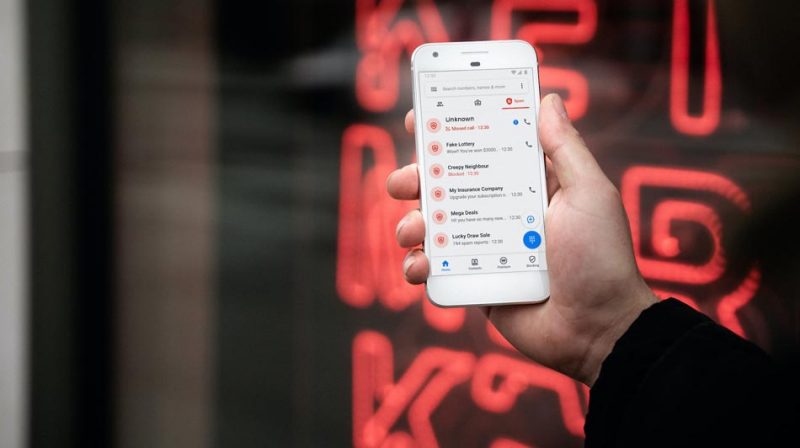Every day you hear of a new scam that pops up to take away your peace of mind. You wonder, “Now what is this new thing again that is rocking the world, and is threatening my sleep?” Crooks are constantly on the lookout to innovate upon their fraudulent practices to steal personal and financial information; their objective is not always to get you to answer them on the other end, it could also be to trick you to call back on some pretext. When you fall for their trap, they win! That’s what the One Ring Phone scam (also called the “Wangiri” scam) is all about, in short.
What is the One Ring Phone Scam?
Has this ever happened to you? You notice your phone ring just once, and you are tempted to call back as you are curious to know the caller on the other end. If yes, then please refrain from calling back an unknown caller ID because it could be a scam.
These scammers choose to call from US numbers using digits that resemble US area codes. But the technologically-savvy scammers can also use international numbers with three-digit-codes, or techniques that will mask the number on your caller ID display to confuse you.
When you call back, you can risk getting connected to an international number, and paying for a costly call if they succeed in keeping you long enough on the line.
The scammers often adopt other means to deceive their victims, like leaving voicemails with an unfamiliar area code, requesting callbacks for scheduled deliveries, or notifying you about an ill relative.
How to Scam-Proof Yourself?

Do not initiate contact with an unknown number if it rings just once and disconnects right away. Do not engage with callers who leave voice messages from unknown destinations, and create a sense of urgency for you to panic. Ignore the call and immediately block the number.
Though the scam has been around for years, there has been a recent resurgence in cases. Law enforcement agencies have received multiple reports from people complaining about receiving calls from unknown numbers that ring once before disconnecting. The phone numbers used are typically from countries like Jamaica, the Dominican Republic, and the Caribbean nations.
What is the objective? The scammers use premium rate phone numbers that charge exorbitant fees for international calls. Once their victim falls for their trap and calls back on the number they had initially called from, they (the victims) risk paying a phone bill of a significant amount, which may even rip them off their account.
How to Report Scam and Get Help?

There are several ways to report the One Ring Phone Scam; however, the top 3 ways have been listed for you below.
- Contact Your Phone Carrier — If you ever suspect having been a victim of the One Ring Phone Scam, immediately report the incident to your phone carrier and inquire about any charges that may have been incurred. Additionally, they can help you block the number used in the scam so that you do not receive calls from the same number in the future again.
- File a Complaint with the Federal Trade Commission (FTC) — All such scams should be reported to the Federal Trade Commission, the primary agency that is responsible for protecting consumers from fraudulent activities. You can contact the authorities through their official page, listed phone numbers, or via email.
- Contact the Federal Communications Commission (FCC) — The main responsibility of the FCC is to provide useful information on how to report phone scams. They regulate communication services. Again, you may reach out to an agent at FCC through their website, by calling 1-888-CALL FCC (225-5322), or via email.
Please do not ignore scammers and avoid reporting them to the concerned authorities. Formally reporting a scam will not only protect you from future scams, but will also help these authorities to devise creative measures to apprehend the perpetrators, and protect the citizens of the land from falling victim to such scams.

